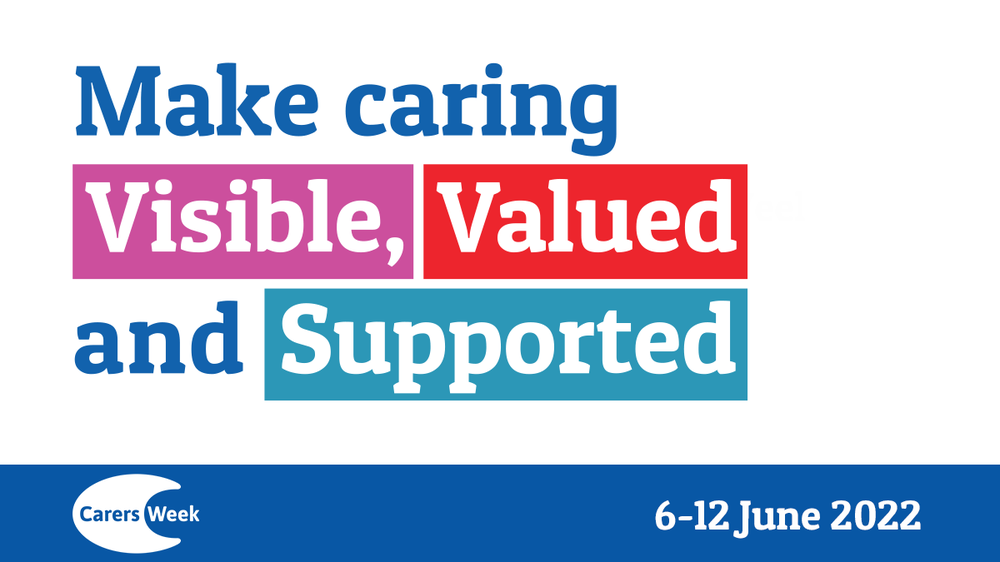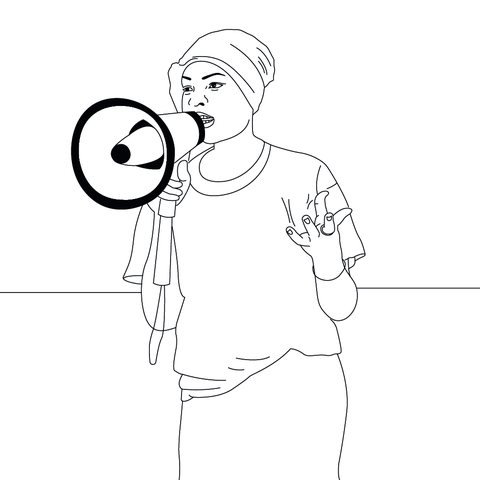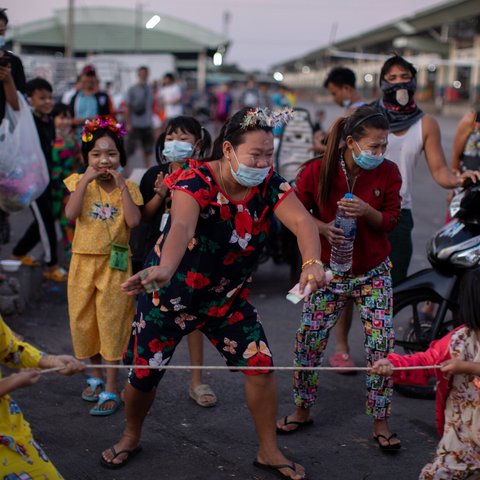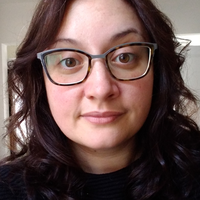It’s time to make care count across the UK!
It’s time to value care as a collective responsibility and key social good. Across the UK and globally.
From childcare to looking after relatives with disabilities or illnesses, this means proper investment in care by governments and support by employers. And a more equal distribution of care within our communities.
Carer's Week

What is care?
What is the link between care and poverty across the UK?
Guy Smallman/ Getty Images
Care & poverty: some insights
- 24% of those caring for people with additional support needs live in poverty in the UK; and single parents have the highest poverty rate (45%) among working-age adults (Joseph Rowntree Foundation).
- Even before the pandemic, almost 2 in 5 (39%) carers said that they were struggling to make ends meet.
- 60% of parents and carers surveyed by Working Families reported making ends meet while raising a family has been more difficult ‘over the last three years’.
- In the UK, occupations like childminding and care work accounted for the largest number of employee jobs paid below the real Living Wage in April 2021 .*
- In England, 1 in 8 of the early years childcare workforce is paid under £5.00 an hour (Social Mobility Commission)
- 71% of care workers in England are paid less than the real Living Wage (Skills For Care).
Undervaluing care work fuels gender and racial inequalities
“Undervalued care work fuels gender and racial inequalities, undermining women’s equal right to a life without poverty.”
Silvia Galandini, Domestic Poverty Lead, Oxfam GB
Guy Smallman/ Getty Images
Gender, race & the unequal distribution of care
- Women in the UK are providing £328bn worth of unpaid childcare and £50bn worth of unpaid adult care each year; nearly half of working-age women provide, on average, 45 hours of unpaid care every week. 25% of men provide 17 hours (Centre for Progressive Policy).
- 82% of adult social care workers in England are women (Living Wage Foundation)
- Women make up 92.6% of the early childhood education and care (ECEC) workforce.
- 1 in 8 (12%) of BME women are employed in insecure jobs, including social and health care, compared to 1 in 16 (6.4%) white women (Trades Union Congress).
What is Oxfam doing?
Oxfam is supporting Carer’s Week 2022
“Carers have long been invisible to society, to organisations and to political decision makers. We Care has amplified individual carers voices and empowered those carers to be in spaces where decisions about carers and caring are made. We have worked hard to connect isolated carers together and create a community where we believe that all carers are valued for the vital work that they do.”
Katy Styles, founder of The We Care Campaign
Our commitment to making care count is UK wide
How is making care count across the UK part of becoming a more equal world?
More posts like this

To value all women's work, we must redefine what 'work' means so it includes all the work women do – paid and unpaid.

– Let's press governments to put the real heroes front and centre.While billionaire wealth has skyrocketed during the pandemic, gender inequality has deepened. And billionaires have reaped the rewards of women’s low and unpaid work. Governments must do more to fight inequality.
